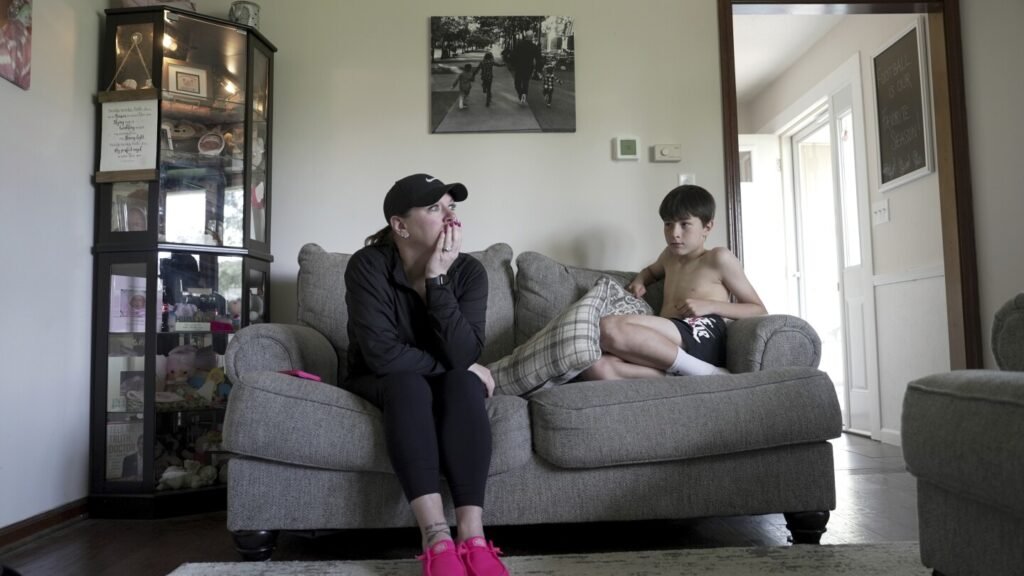SIOUX FALLS, S.D. (news agencies) — In the time before widespread vaccination, devastating infectious diseases ran rampant in America, killing millions of children and leaving others with lifelong health problems.
Over the next century, vaccines virtually wiped out long-feared scourges like polio and measles and drastically reduced the toll of many others. Today, however, some preventable, contagious diseases are making a comeback as vaccine hesitancy pushes immunization rates down. And well-established vaccines are facing suspicion even from public officials, with Robert F. Kennedy Jr., a longtime anti-vaccine activist, running the federal health department.
“This concern, this hesitancy, these questions about vaccines are a consequence of the great success of the vaccines – because they eliminated the diseases,” said Dr. William Schaffner, an infectious disease expert at Vanderbilt University Medical Center. “If you’re not familiar with the disease, you don’t respect or even fear it. And therefore you don’t value the vaccine.”
Anti-vaccine activists even portray the shots as a threat, focusing on the rare risk of side effects while ignoring the far larger risks posed by the diseases themselves — and years of real-world data that experts say proves the vaccines are safe.
Some Americans know the reality of vaccine-preventable diseases all too well. Here are takeaways from interviews with a few of them by media.
Janith Farnham has helped shepherd her daughter Jacque through life for decades. Jacque, 60, was born with congenital rubella syndrome, which resulted in hearing, eye and heart problems at birth. There was no vaccine against rubella back then, and Janith contracted it in early pregnancy.
Though Janith, 80, did all she could to help Jacque thrive, the condition took its toll. Jacque eventually developed diabetes, glaucoma, autistic behaviors and arthritis.
Today, Jacque lives in an adult residential home and gets together with Janith four or five days a week. Janith marvels at Jacque’s sense of humor and affectionate nature despite all she’s endured. Jacque is generous with kisses and often signs “double I love yous,” even to new people she meets.
Given what her family has been through, Janith finds it “more than frustrating” when people choose not to get children the MMR shot against measles, mumps and rubella.
“I know what can happen,” she said. “I just don’t want anybody else to go through this.”
More than half a century has passed, but Patricia Tobin still vividly recalls seeing her little sister Karen unconscious on the bathroom floor.
It was 1970, Karen was 6, and she had measles. The vaccine against it wasn’t required for school in Miami where they lived. Though Karen’s doctor discussed immunizing the first grader, their mother didn’t share his sense of urgency.
“It’s not that she was against it,” Tobin said. “She just thought there was time.”
Then came a measles outbreak. After she collapsed in the bathroom, Karen never regained consciousness. She died of encephalitis.
“We never did get to speak to her again,” Tobin said.
